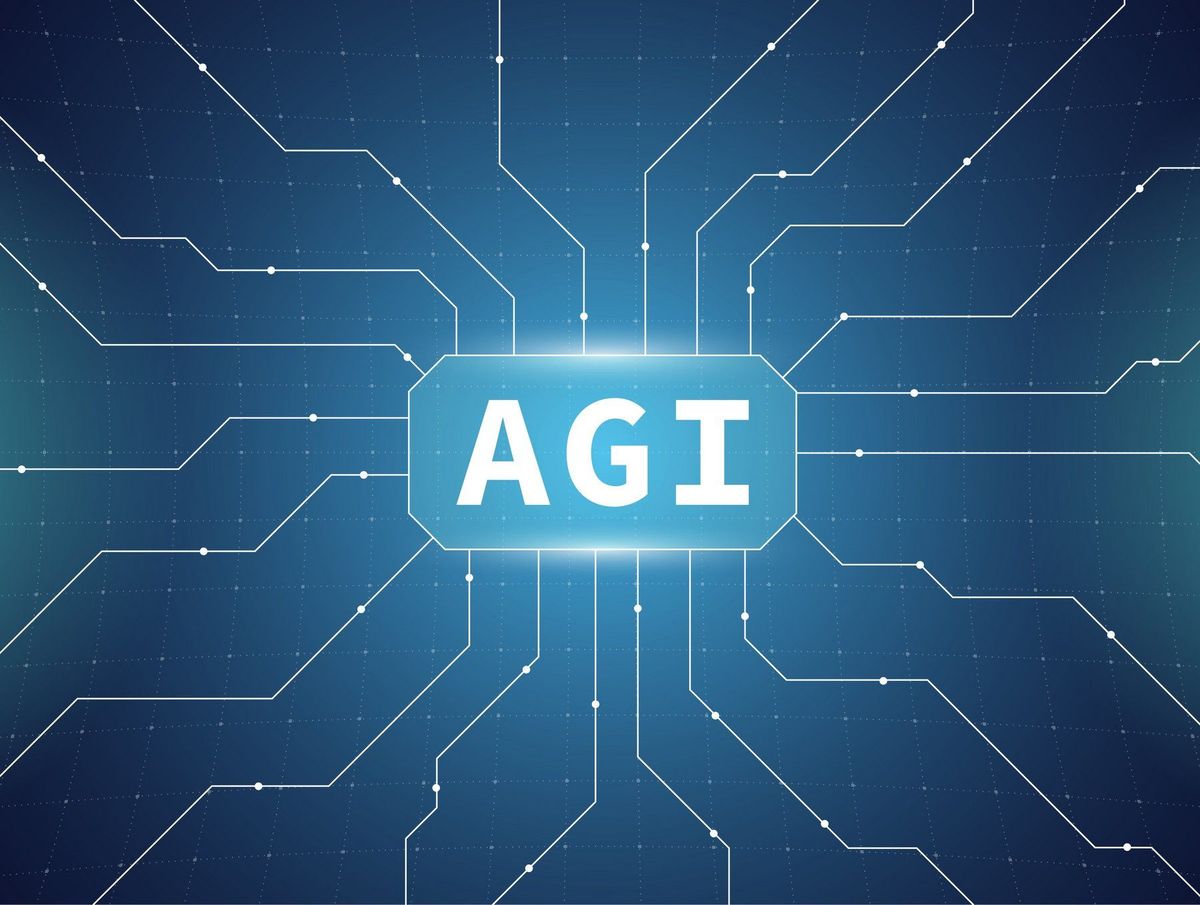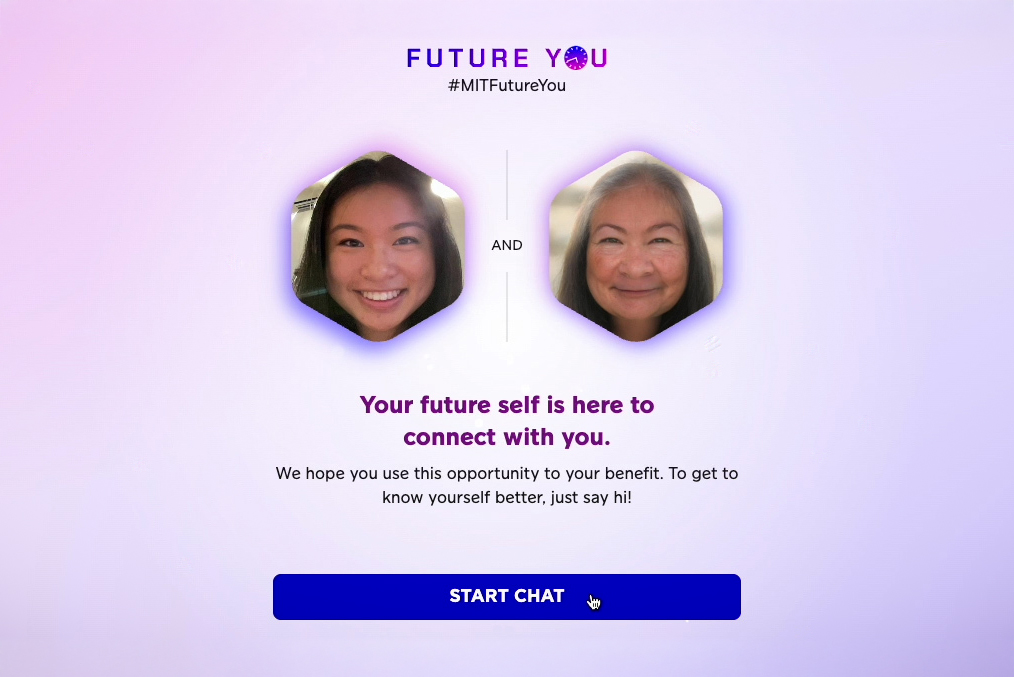AI vs AGI
As we approach AGI, the prospect of machines rivaling human intelligence sparks excitement and ethical questions on consciousness and identity.

Today's Highlights
- About AGI
- Learn - a couple of courses to further your knowledge in AI
- AI Jobs - a listing of fresh jobs related to AI
- In Other News - a few interesting developments we're tracking
Artificial Intelligence (AI) and Artificial General Intelligence (AGI) represent two distinct phases in the development of intelligent machines. AI refers to systems designed for specific tasks, while AGI aims to replicate human-like intelligence across a wide range of activities, allowing machines to reason, learn, and apply knowledge in a general way, much like humans.
AI: Narrow Intelligence
Today's AI, often referred to as narrow or weak AI, excels in specific domains such as natural language processing (e.g., ChatGPT), image recognition, game playing (e.g., AlphaGo), and robotics. These systems are optimized for particular tasks and lack general reasoning capabilities. AI can outperform humans in tasks like data processing but cannot transfer its expertise between domains without retraining.
Common AI applications include:
- Speech recognition - Used by virtual assistants like Siri and Alexa.
- Computer vision - Employed in self-driving cars and facial recognition.
- Machine learning - Used for personalized recommendations, fraud detection, and medical diagnostics.
Despite their effectiveness, these systems operate based on data patterns and cannot reason or understand the world beyond their programming.
AGI: General Intelligence
AGI, also known as strong or full AI, aspires to achieve human-like cognitive abilities. Unlike AI, AGI would be capable of learning new tasks, solving problems in various environments, and adapting without human intervention. AGI would have the capacity to reason, plan, understand language, and even display emotional intelligence across multiple fields.
AGI seeks to:
- Understand the world conceptually - It would have a mental model of the world, allowing it to grasp unfamiliar situations.
- Transfer learning across domains - AGI could apply knowledge from one area to another, just like human intelligence.
- Self-improve - AGI systems would be able to evolve and enhance their abilities independently over time.
Challenges in Achieving AGI
Developing AGI is a monumental challenge due to technical and philosophical barriers:
- Understanding human cognition - Replicating human intelligence requires breakthroughs in neuroscience, psychology, and computer science.
- Data and reasoning - Current AI relies on large datasets and pattern recognition, while AGI would need to reason abstractly and work with incomplete information, like humans.
- Ethics and safety - AGI poses potential risks. Machines that are as intelligent as or more intelligent than humans could be hard to control and, if misaligned with human values, could lead to unintended consequences.
AI and AGI Intersections
Though current AI systems do not possess general intelligence, advancements in machine learning, deep learning, and neural networks offer stepping stones toward AGI. For instance, large language models (e.g., GPT) showcase increasingly sophisticated capabilities that may contribute to AGI’s development. Additionally, transfer learning and meta-learning techniques help AI systems apply knowledge across domains, inching closer to AGI's goals.
Future Implications of AGI
AGI could revolutionize industries by solving complex global challenges such as climate change, poverty, and disease. However, it raises ethical concerns around control, autonomy, and safety. Ensuring the responsible development of AGI with appropriate regulations will be critical to avoid harmful outcomes.
While AI is already transforming specific tasks, AGI represents the next frontier, potentially offering machines human-like understanding and problem-solving abilities. Although its development is fraught with challenges, AGI’s impact on society could be profound and far-reaching.
📚 Learn
|
L&T Edutech
|
|
University Of Glasgow
|
🧑💻 Jobs
|
Tesla
|
|
Microsoft
|
🔔 In Other News





